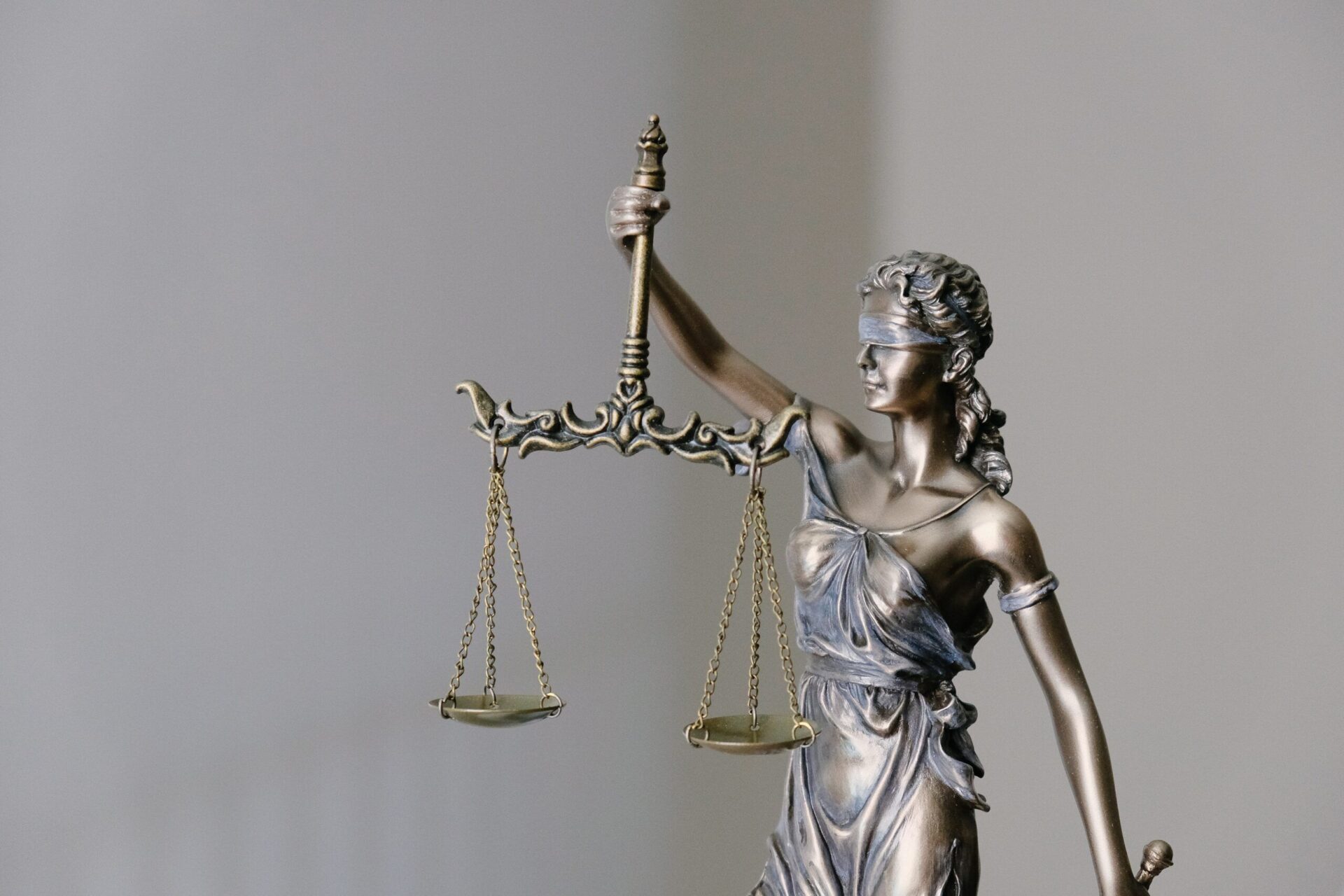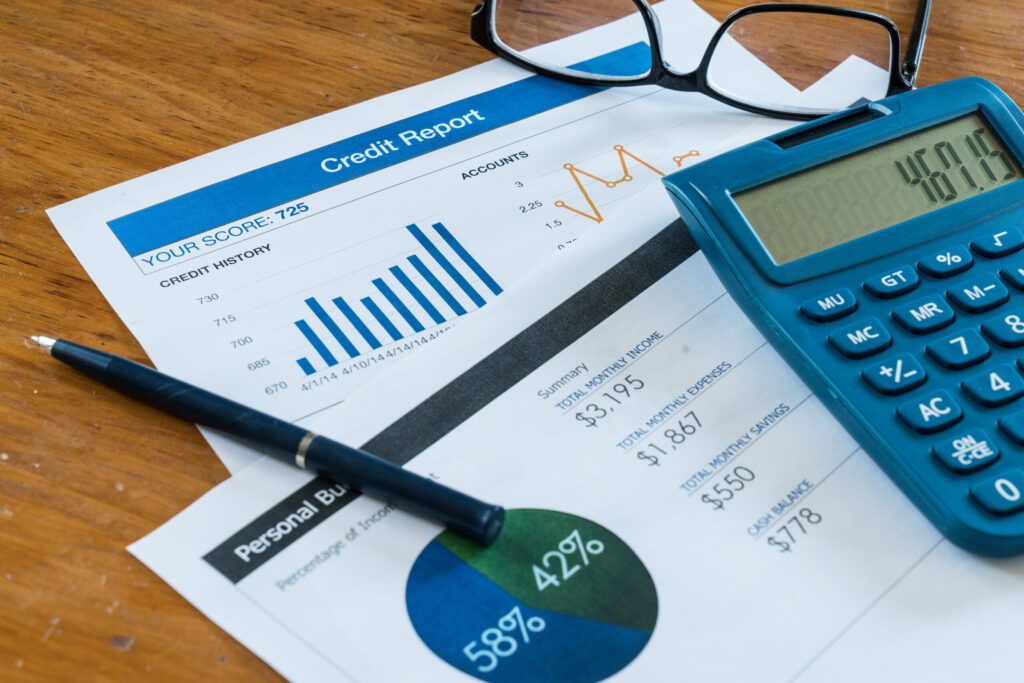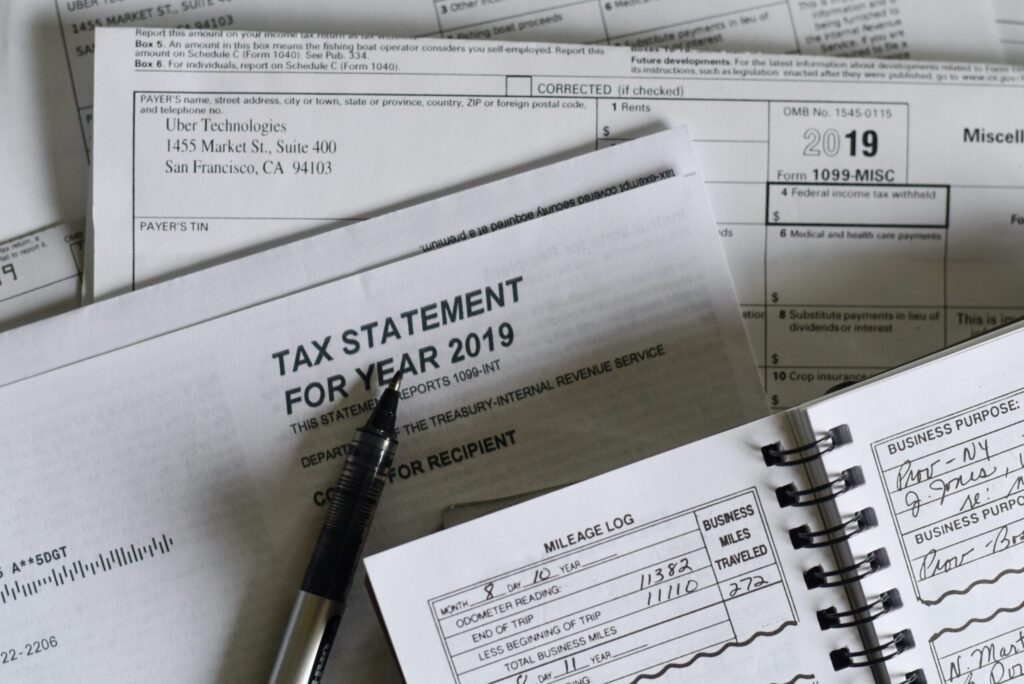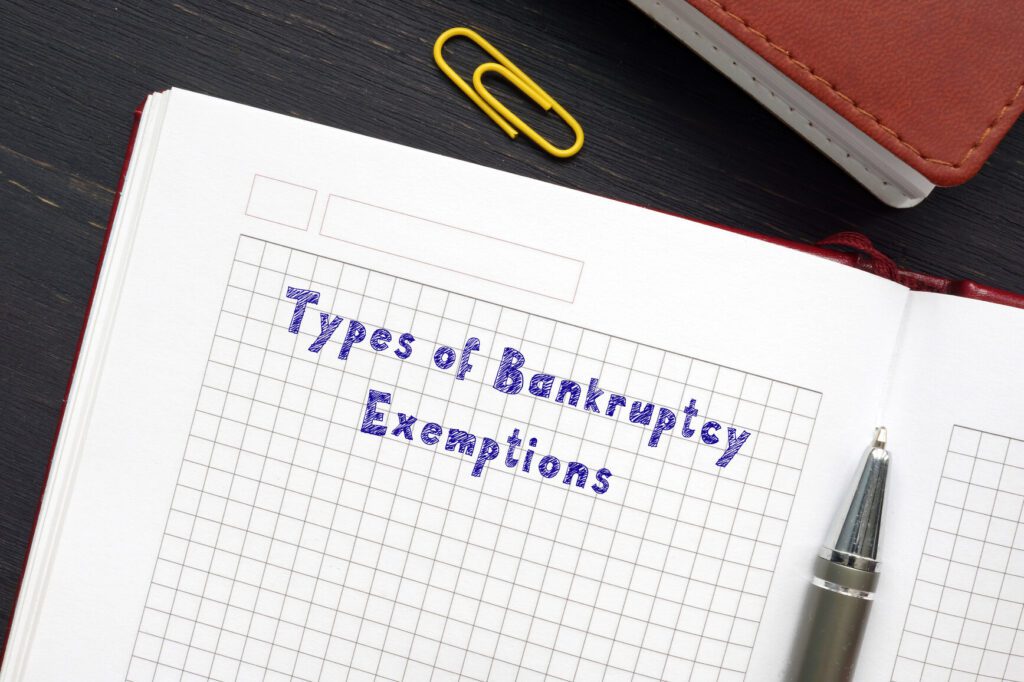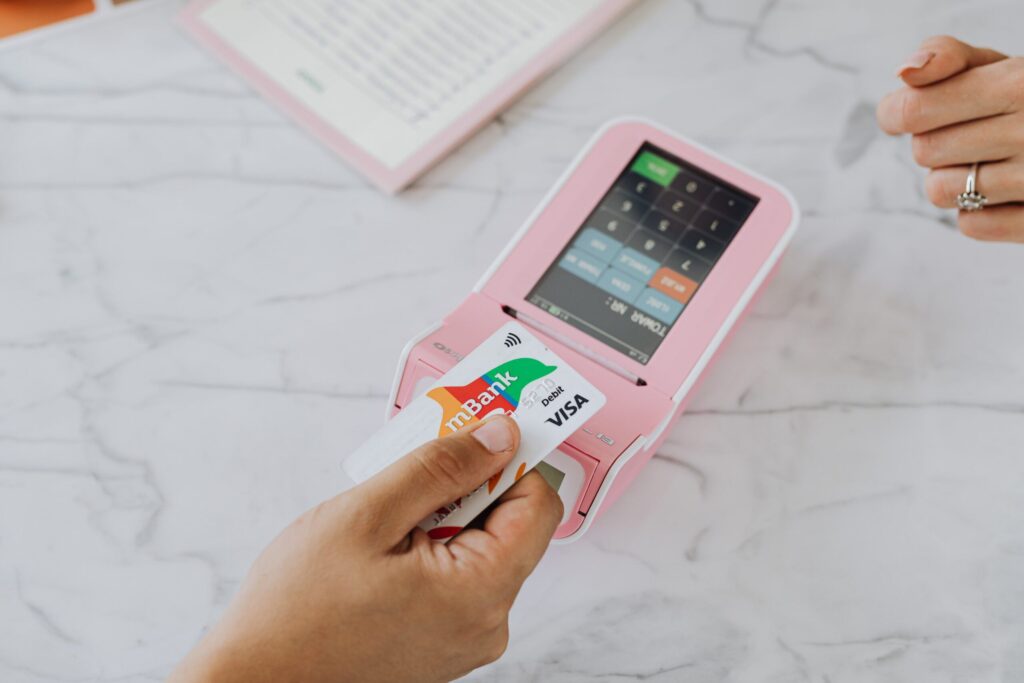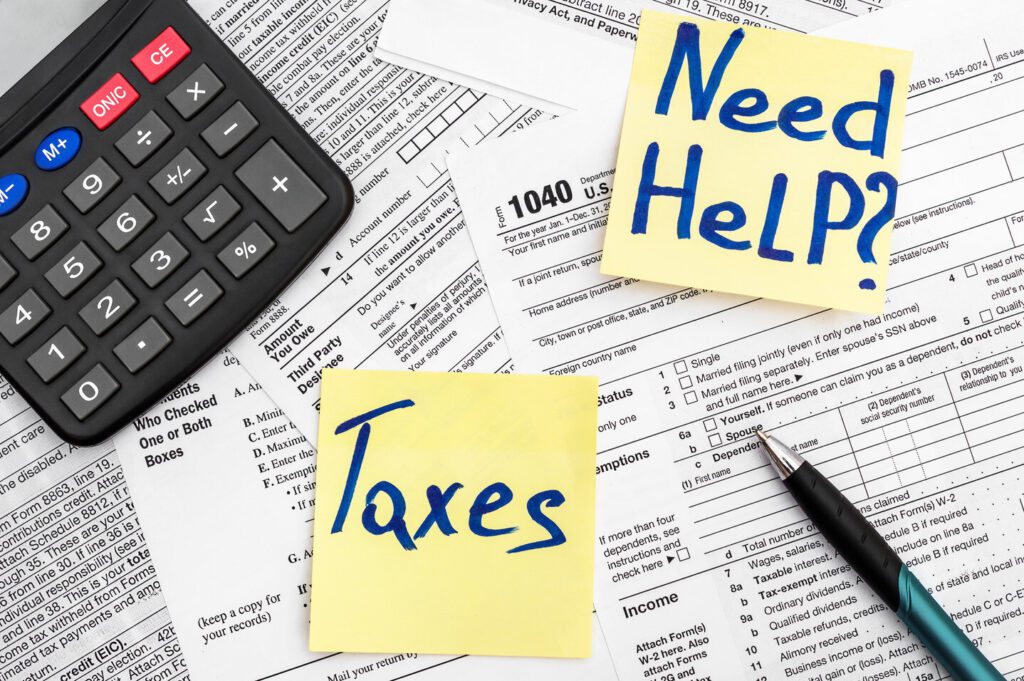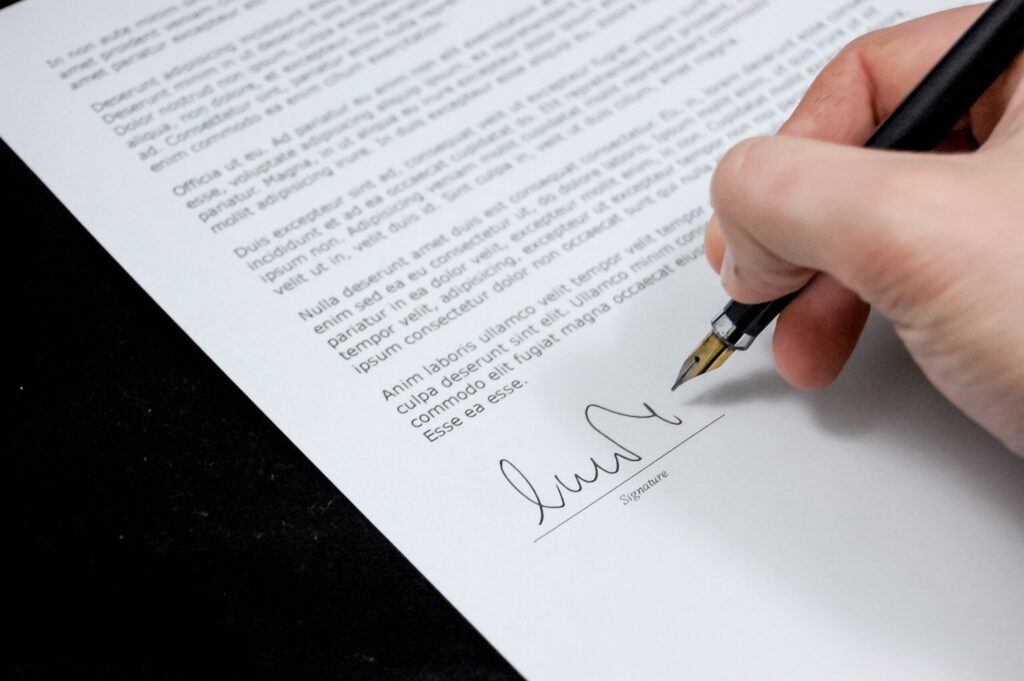It can be all too easy to access credit and borrow money sometimes. Most of us use credit cards or personal loans regularly, as a convenient way to access additional funds temporarily. When used responsibly, credit can make a huge difference to our lives. But what about when the borrowing gets out of control, and it becomes very difficult to make debt repayments? How can you clear the debt and begin a fresh financial future? While bankruptcy is a good option for some Canadians by completely clearing your unsecured debts, it does have some downsides for some people. In this article, we explore how to avoid bankruptcy in Canada by looking at some other forms of debt relief to clear your debt quickly.
Understand the extent of your debt
Knowing exactly how much debt you have will determine what may be the best form of debt relief for you. How many debts do you currently have outstanding? Do you just have some minor credit card debt, or multiple substantial payday loans? Ultimately, the larger the debt, the more likely you are to require bankruptcy as a form of debt relief. What is often misunderstood, however, is that bankruptcy is not the only form of debt relief when you are struggling with debt. Often, you will have many other options to avoid bankruptcy. It may just be that you need somebody to explain your debt relief options to you. You should begin by making a list of all of the debts that you owe, along with the interest rate for each. This will help you to understand all of your debts, when they are due, and the income you have to make repayments on your debt. You should also track whether or not you are current on your debt payments.
Assess your credit score
Another step to determining how to avoid bankruptcy in Canada is understanding your credit score. If you have a good credit score, you will likely have many more debt relief options available to you. This is a probable scenario if you have not been overwhelmed by debt before, and if you are currently managing to get by. If you have a bad credit score, you are a little more restricted in your options. Perhaps you are behind on your debt payments, and are struggling to make ends meet. That said, no matter how bad your credit score, there is always a way to gain debt relief in Canada. You should book a free consultation with a Licensed Insolvency Trustee. They can review your financial circumstances and share which bankruptcy alternatives may be a suitable option for you. If you are concerned about your financial situation, it is best to tackle the problem immediately. The sooner you gain help, the sooner your situation can improve.
How to avoid bankruptcy in Canada
Contrary to popular belief, bankruptcy is not the only form of debt relief. It is often the last resort, and many Canadians are unaware of how to avoid bankruptcy in Canada via various other methods of debt clearance. Below, we’ve listed some of the best forms of debt relief to help you avoid bankruptcy.
Sell your assets
By selling any of your non-exempt assets, you may be able to gain enough funds to fully repay your debts. Your creditors will likely give you the opportunity to enable you to do so if it means they will likely soon receive their payments. A subsequent advantage of selling your assets is not having to face the consequences of filing a form of debt relief. These include a negative impact on your credit rating, and being threatened with legal action like a wage garnishment or collection calls. The downside of this bankruptcy alternative is that you may be rushed to sell your assets, and may not therefore receive the full value for each one. It will also mean you have to repay your debt in full.
Informal arrangement with creditors
Informal arrangements are unofficial negotiations with your creditors. It is dependent on your ability to make an attractive offer to your creditors, and often involves making a lump sum offer provided your creditors will accept less overall when it comes to your debt repayment. Creditors will usually expect an explanation of why you cannot repay the full amount of your debt. There is no guarantee that creditors will agree to an informal arrangement, and it is risky as there is no formal record of any agreement you may make. For this reason, you should consult a Licensed Insolvency Trustee before you taken on an informal arrangement. They can advise you as to how to go about a settlement and how to negotiate effectively.
Debt consolidation loans
Debt consolidation loans can be a great alternative to bankruptcy if there is not an extreme amount of debt, and if there are multiple debts involved. If you are struggling to pay various debts, a debt consolidation loan is a great way of combining them. A debt consolidation loan is a new loan you take out to combine all your unsecured debts. As well as enabling you to avoid bankruptcy, it simplifies all your debts into one straightforward monthly payment and often means an overall reduction in interest rate. You can even spread your payments out over a longer time period in order to reduce your monthly payments. In some cases, you can get a debt consolidation loan without any interest rate at all. In order to take out a debt consolidation loan, you must share evidence of a steady source of income and the ability to make your payments each month.
Consumer proposal
A consumer proposal is a legal form of debt settlement, backed by the Bankruptcy and Insolvency Act set out by the Canadian government. An excellent bankruptcy alternative, consumer proposals are becoming increasingly popular throughout Canada and can reduce your unsecured debts by up to 80%. A consumer proposal must be filed by a reputable Licensed Insolvency Trustee, who will work with you to establish what you can afford each month. Your trustee will then negotiate with your creditors to determine what your monthly payment will be. Creditors are likely to accept a proposal as it means they will gain more money this way than via a bankruptcy. As well as being a way to avoid bankruptcy, consumer proposals have various advantages over bankruptcy. Consumer proposals enable you to keep your assets, making it a great option if you have equity in your property or a number of assets you would like to keep. At Spergel, we have a 99% acceptance rate on consumer proposals. Our Licensed Insolvency Trustees will walk you through each step of filing a consumer proposal.
Why should you avoid bankruptcy?
Although bankruptcy has the ability to fully clear debts unlike other forms of debt relief that may reduce your total debt slightly, there are some disadvantages of bankruptcy that should be considered before filing. When it comes to how to avoid bankruptcy in Canada, here are the primary disadvantages that could be a reason for you to look for an alternative form of debt relief:
- You will lose any non-exempt assets – learn more about assets and bankruptcy
- Bankruptcy has a negative impact on your credit report
- It is difficult (but not impossible) to take out credit after bankruptcy
- Some professions will not allow you to file bankruptcy
- You may not be able to sponsor immigrants to Canada after bankruptcy
Thankfully, there are plenty of other forms of debt relief. Bankruptcy is often considered to be a last resort when the alternatives are not appropriate for your financial situation.
What if you cannot avoid bankruptcy?
If none of the bankruptcy alternatives will work for you, fear not – bankruptcy is still a great option for some. Bankruptcy is a legal form of debt relief that clears any unsecured debts you cannot afford to pay. To file bankruptcy, you will need to find an experienced Licensed Insolvency Trustee. You will assign any non-exempt assets you may have over to your trustee in exchange for the clearance of your debts. Bankruptcy has a number of advantages, including full protection from your creditors and collection calls via a stay of proceedings, and the opportunity to begin a fresh financial future. Although many people think you will be left with nothing after bankruptcy, you can actually keep some essential assets depending on your province of residence. At Spergel, we have been helping Canadians through the bankruptcy process for over thirty years, and you will receive your own trustee to walk you through the entire process. We can also help you with life after bankruptcy, including advice on how to rebuild your credit score.
If you want to know more about how to avoid bankruptcy in Canada, book a free consultation with Spergel. One of our experienced Licensed Insolvency Trustees will sit down with you to review your financial situation. We will advise you as to the best form of debt relief for you, and will consider all options including bankruptcy alternatives. The sooner you reach out, the sooner we can get your finances back on track.
